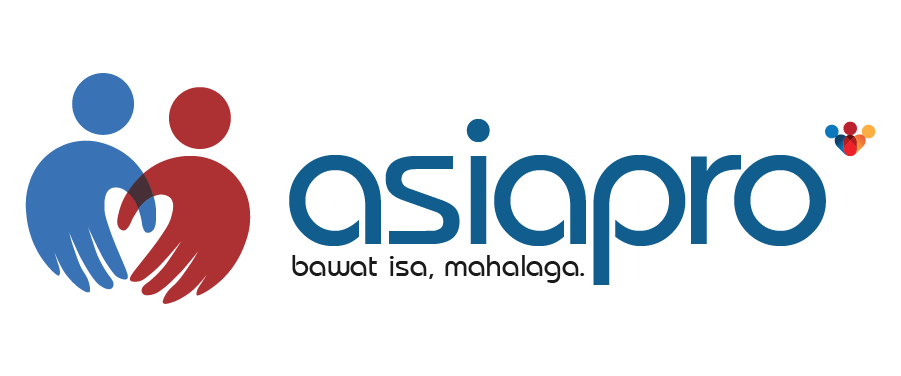For companies in industries such as construction, manufacturing, janitorial services, solar farms, fast food, retail, aviation, logistics, warehousing, and agribusiness, workforce management is a daily challenge. Recruitment, compliance, retention, and costs often strain HR departments. A manpower cooperative offers a smarter, more sustainable solution.
How a Manpower Cooperative Boosts HR Efficiency
1. Faster Recruitment
- Cooperatives maintain a ready pool of skilled workers, reducing HR’s time spent on sourcing, screening, and onboarding—ideal for construction, logistics, and food service industries with high manpower demand.
2. Lower Hiring Costs
- Operating as non-profit organizations, manpower cooperatives eliminate heavy agency mark-ups. Companies save on labor costs and can reinvest in HR development.
3. Stronger Retention
- Members of a cooperative earn not only wages but also dividends and benefits, creating loyalty and reducing turnover. This helps HR maintain a stable workforce in construction, manufacturing, janitorial services, solar farms,facilities maintenance & management, retail & merchandising, aviation & logistics, warehousing, and agribusiness, and restaurant & quick service restaurants (QSR).
4. Compliance and CSR Support
- Cooperatives ensure compliance with Philippine labor laws, including the Labor Code of the Philippines, DOLE regulations on contracting and subcontracting (DO 174-17), and statutory benefits such as SSS, PhilHealth, and Pag-IBIG contributions.
- They also align with corporate social responsibility (CSR) by not only empowering worker-owned enterprises but also supporting community programs such as livelihood training, educational scholarships, health and wellness initiatives, and disaster response efforts.
5. Scalable Workforce Supply
- Whether for large-scale projects or seasonal demand, manpower cooperatives scale staffing efficiently, giving HR the flexibility to match business needs.




